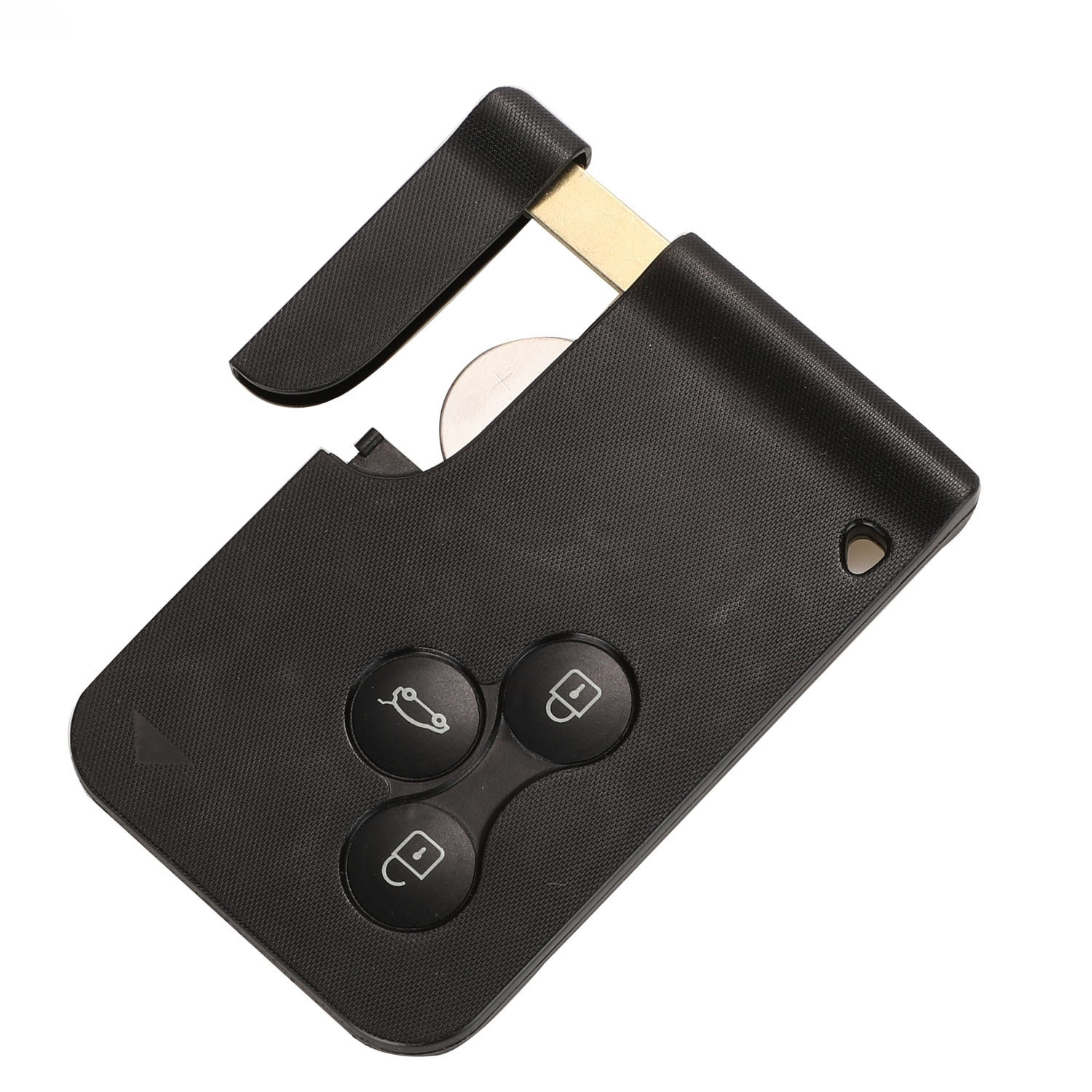Car keys are no longer simple mechanical devices but sophisticated electronic components that play a crucial role in modern vehicles' functionality and security. As automotive technology advances, car key manufacturers face the challenge of ensuring compatibility and integration with a wide range of vehicle models and evolving technologies. This article explores the strategies employed by car key manufacturers to ensure seamless compatibility and integration with diverse vehicle models and technologies, enhancing the overall user experience for drivers.

Standardization of Key Protocols:
Car key manufacturers adhere to standardized key protocols established by automotive industry organizations such as the Society of Automotive Engineers (SAE) and the International Organization for Standardization (ISO). These protocols define communication standards and data formats used between car keys and vehicle systems, ensuring interoperability and compatibility across different vehicle makes and models.
Collaboration with Automotive OEMs:
Car key manufacturers collaborate closely with automotive Original Equipment Manufacturers (OEMs) during the design and development process to ensure seamless integration with specific vehicle models. This collaborative approach involves extensive testing and validation to verify compatibility and functionality across different vehicle platforms.
Flexibility in Key Design:
To accommodate various vehicle designs and technologies, car key manufacturers design keys with flexibility in mind. Keys may feature configurable settings and programmable options that can be customized to suit specific vehicle requirements. This flexibility allows car key manufacturers to adapt their products to different vehicle models and integrate with diverse features such as keyless entry systems, immobilizers, and remote start functionality.
Integration of Advanced Technologies:
Car key manufacturers continually integrate advanced technologies into their products to enhance compatibility with modern vehicle systems. These technologies may include radio frequency identification (RFID), near field communication (NFC), Bluetooth Low Energy (BLE), and biometric authentication features. By incorporating these technologies, car keys can seamlessly communicate with vehicle systems and support advanced features such as keyless entry, keyless start, and vehicle personalization settings.
Firmware Updates and Compatibility Testing:
Car key manufacturers regularly release firmware updates to ensure compatibility with evolving vehicle technologies and software updates. These updates may include bug fixes, performance improvements, and new features to enhance compatibility and functionality. Additionally, manufacturers conduct rigorous compatibility testing to validate key performance across different vehicle models and ensure reliable operation under various conditions.
Continuous Research and Development:
Car key manufacturers invest in ongoing research and development to stay abreast of emerging automotive trends and technologies. By closely monitoring industry developments, manufacturers can anticipate future requirements and design key solutions that are compatible with upcoming vehicle models and technologies. This proactive approach enables car key manufacturers to maintain compatibility and integration with the latest advancements in automotive technology.
Conclusion:
Car key manufacturers play a vital role in ensuring seamless compatibility and integration with diverse vehicle models and technologies. Through standardization of key protocols, collaboration with automotive OEMs, flexibility in key design, integration of advanced technologies, firmware updates, and continuous research and development, car key manufacturers enhance the overall user experience for drivers. By prioritizing compatibility and integration, car key manufacturers contribute to the advancement of automotive technology and the evolution of modern vehicle key solutions.

 Englishen
Englishen











 No.991 Xingxiu Road,Taiwanese Investment Zone, Quanzhou, Fujian Province,P.R.China
No.991 Xingxiu Road,Taiwanese Investment Zone, Quanzhou, Fujian Province,P.R.China +86 13960286508
+86 13960286508
 3D Reality Showroom
3D Reality Showroom
